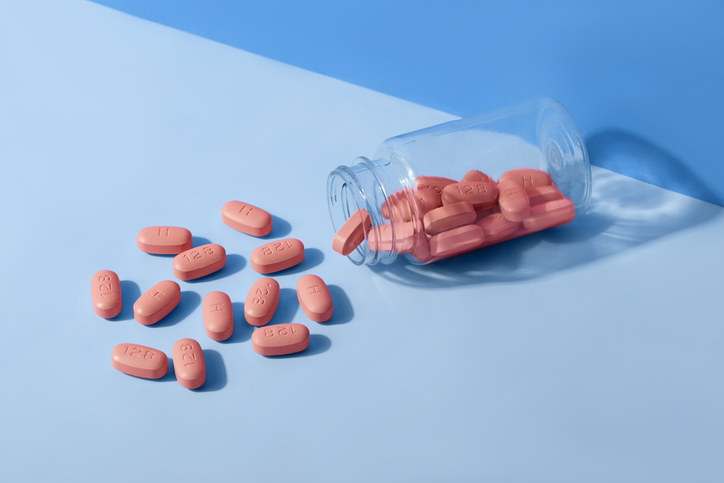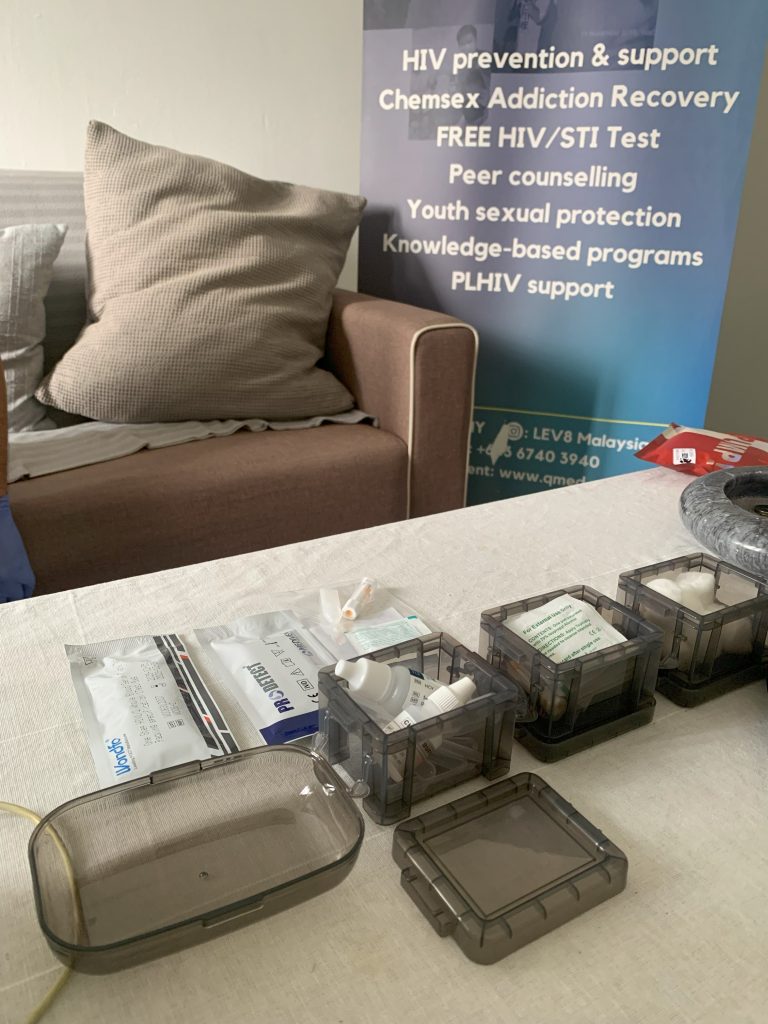
PeP
As things get hot and heavy, we may occasionally forget to protect ourselves. When this happens, it’s important that you take immediate action – this is where PEP (post-exposure prophylaxis) comes in.
WHAT IS PEP?
PEP is a month-long course of HIV medication, used as a preventative measure. It works by stopping HIV from multiplying in cells that have been infected. PEP is for those who have or may have been exposed to the virus.
Some common indications for PEP use include:
- Unprotected anal sex;
- If a condom bursts or slips off during sex;
- Sharing needles or syringes when using drugs or having chem fun>
If you believe that you may have been exposed, get in touch with a sexual health clinic.
What you should know?
PEP should be taken within 72 hours of suspected exposure to HIV. The sooner you start, the better the chances of stopping the virus in its tracks; after the first 72 hours, PEP usage is not likely to prevent HIV infection and its usage is not recommended.
PEP is a last-resort option that should only be used in emergency situations – frequent use may reduce its effectiveness over time. It isn’t intended to replace condoms or PrEP as a way to prevent HIV – if you find you have to use PEP frequently, it might be better to consider going on PrEP instead.
Bear in mind that PEP is often effective, but not always so, in stopping HIV infection. If you test HIV positive while or after taking PEP, it’s important that you consult a doctor and start treatment right away.

General FAQ
The PEP regimen consists of a 28-day course of antiretroviral drugs. Depending on your situation, they could either be:
- One tenofovir/emtricitabine combination pill and one dolutegravir pill, or;
- One tenofovir/lamivudine/dolutegravir combination pill.
PEP ideally should be taken at the same time every day to maintain a steady level of the medication in the body.
In order to do this, it is necessary to make taking your pills into a habitual action. Use alarms or reminders, and bring a spare dose with you for when you’re not at home.
If you become positive after PEP, the first thing in order should be to begin treatment. Speak to your doctor or testing centre for a referral to a hospital, where you can seek treatment.
In the first few weeks of starting PEP, some people may complain of headaches, dizziness, fatigue, or gastrointestinal side effects such as nausea, diarrhoea and stomach cramps. These side effects subside over time as your body gets used to the medication.
PEP may affect kidney function in a very small number of people. Blood tests for kidney function may be included as part of your monitoring regime.
If you are concerned about side effects or are experiencing them, discuss them with your doctor at your check-up appointments.
While PEP is well tolerated by most people, there may be some initial side effects as your body gets used to the medication. If this happens, you may choose to take them your daily dose before bedtime, when you can sleep as the side effects wear off.
If you are unable to tolerate the side effects, seek immediate advice from your monitoring doctor.
